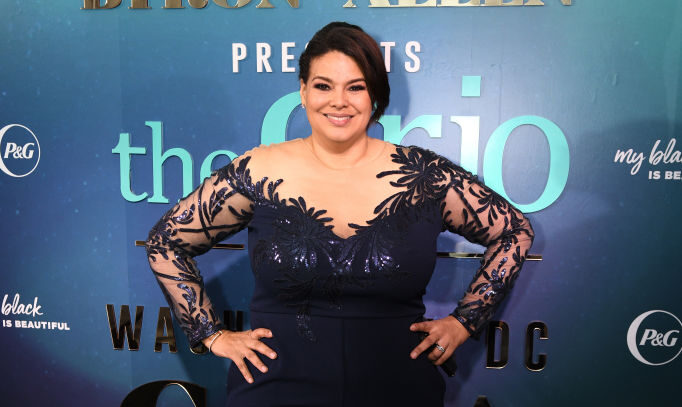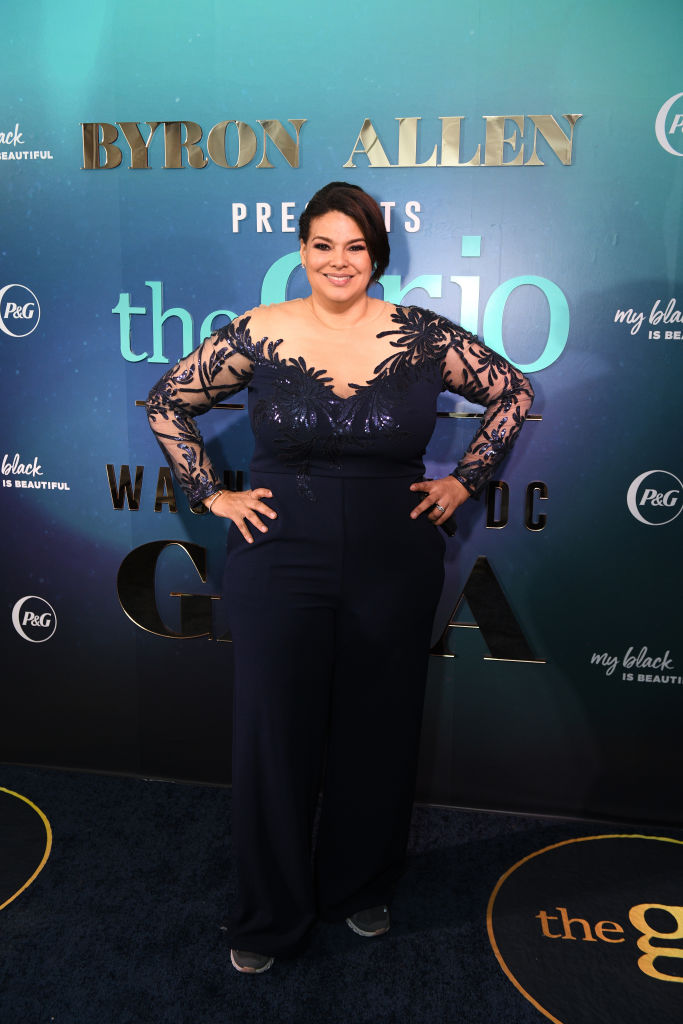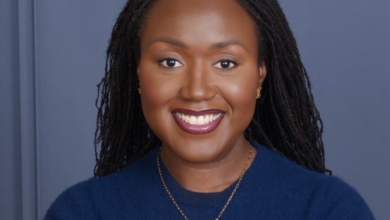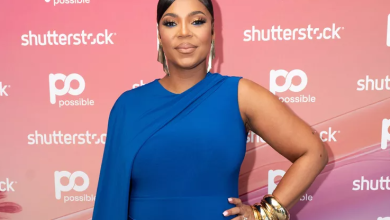CNN News Anchor Diagnosed with Stage 3 Cancer: “Being Alive Feels Really Different” – BlackDoctor.org


CNN’s Sara Sidner is a truth teller. As a news anchor, she seeks out the truth of every story to inform, inspire and sometimes ignite change. So when the opportunity presented itself during a live broadcast of her show, she did was she always does: told the truth about herself being in Stage 3 of a battle against breast cancer.
“I have never been sick a day of my life. I don’t smoke. I rarely drink. Breast cancer does not run in my family. And yet here I am with stage 3 breast cancer,” she said, getting visibly choked up. “It is hard to say out loud.”
Sidner told viewers that she is in her second month of chemotherapy and has radiation treatments as well as a double mastectomy on the road ahead.
“Stage 3 is not a death sentence anymore for the vast majority of women,” she continued. “But here is the reality that really shocked my system when I started to research more about breast cancer: If you happen to be a Black woman, you are 41% more likely to die from breast cancer than your white counterparts.”
The award-winning news anchor then called on her “sisters Black, white and brown” to please, “for the love of God,” get their mammograms every single year and to perform self-exams so they can hopefully catch it before she did. Sidner then said that she thanked cancer for choosing her. “I’m learning that no matter what how we go through in life, that I am still madly in love with this life,” she continued emotionally.
And Sidner is right.
Black women are not only more likely to do from breast cancer, Black women are more likely to have an aggressive form of breast cancer.
“Black women are at higher risk for triple-negative breast cancer, which is the most aggressive type of breast cancer. And it tends to occur at younger ages,” says Dr. Michele Halyard, a Mayo Clinic radiation oncologist and co-founder of the Coalition of Blacks Against Breast Cancer.
Triple-negative breast cancer, also called basal-like breast cancer, is not sensitive to the hormones estrogen or progesterone and does not produce too much of the growth-promoting protein called HER2. This makes it difficult to treat.
Triple-negative breast cancer accounts for 35% of breast cancer diagnoses in African Americans, and it is associated with a high rate of recurrence and poor five-year survival rates, according to a study led by Fergus Couch, Ph.D., a geneticist at Mayo Clinic.
“And just being alive feels really different for me now. I am happier because I don’t stress about foolish little things that used to annoy me. Now every single day that I breathe another breath, I can celebrate that I am still here with you. I am here with my co-anchors, my colleagues, my family and I can love and cry and laugh and hope … and that, my dear friends, is enough.”
It was back in October, 2hen Sidner traveled to Israel to report on its unfolding war with Hamas, when she had just learned that her mammogram raised cause for concern. Told that she would need a




